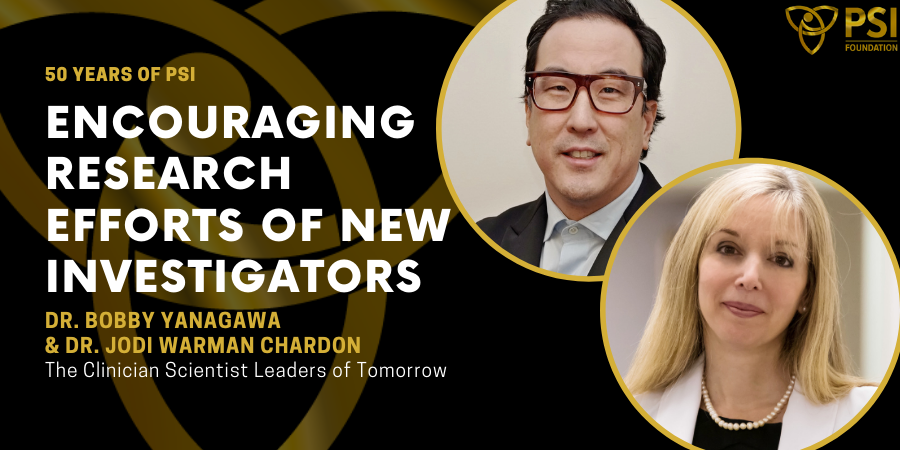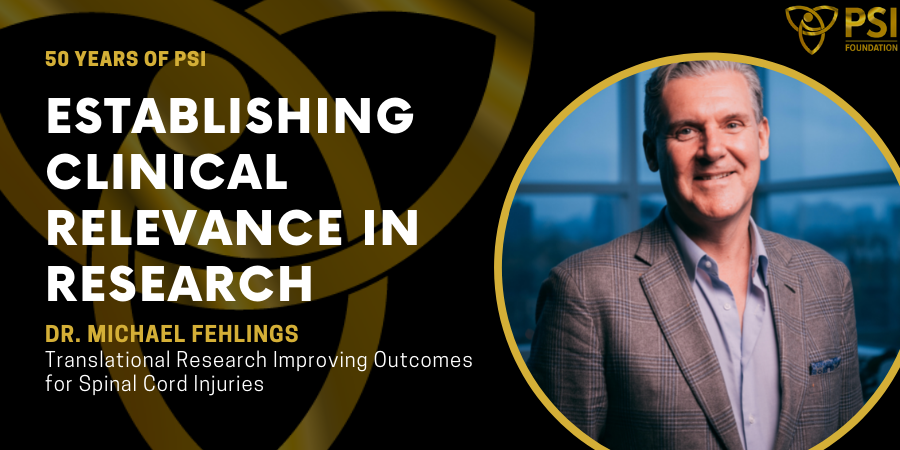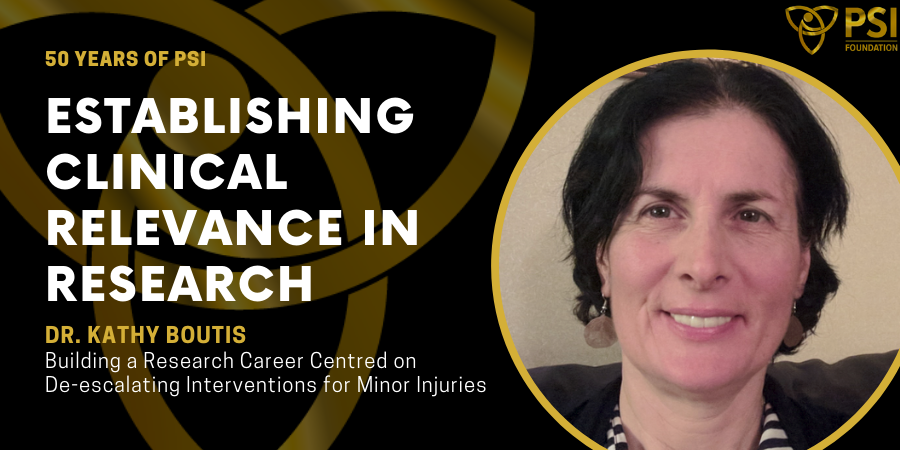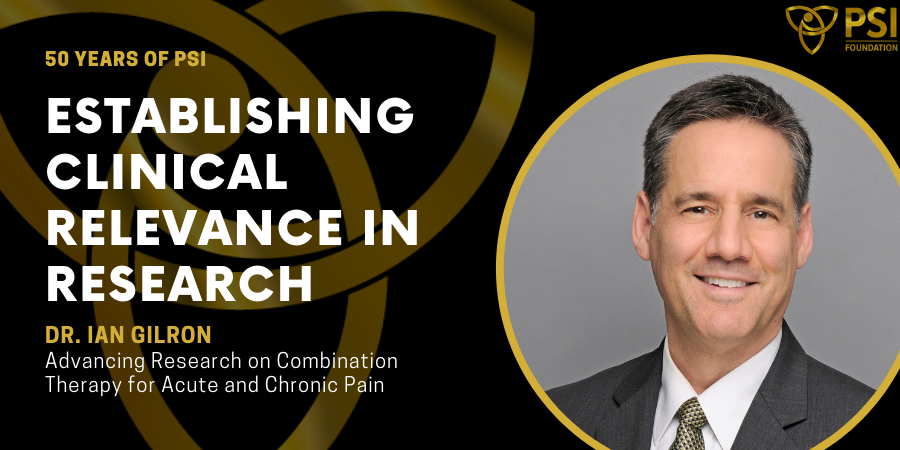Medical trainees looking to gain experience in independent research have few options for funding support. But education and training, not just in clinical practice but also in how to conduct research, are critical to ensure that trainees can confidently pursue careers as clinician-scientists and pursue research that will change clinical practice.
PSI Foundation’s Resident Research Grants, which award up to $30,000 for up to two years, provide key funding to support these young investigators. The grants are part of PSI’s vision to support new investigators and ensure that physicians are well-equipped to lead innovative research and provide excellent health care.
“There are not that many opportunities as a junior investigator to have your own funding before your first academic position,” says Dr. Jodi Warman-Chardon, Director, Neuromuscular Centre and clinician-scientist at The Ottawa Hospital (Research Institute) and Children’s Hospital of Eastern Ontario (Research Institute) (CHEO), who received a PSI Resident Research Grant in 2013. “The PSI funding is critical for creating the clinician-scientist leaders of tomorrow.”
For many trainees, a PSI Resident Research Grant provides invaluable experience in their training toward becoming an independent investigator. Residents lead the research and are the main contact for the grant, providing them with invaluable learning opportunities in every aspect of leading a grant, including administration.
Dr. Warman Chardon was completing a neurogenetics/neuromuscular fellowship at the University of Ottawa and CHEO when she was awarded a PSI Resident Research Grant. With supervisor Dr. Kym Boycott, Dr. Warman-Chardon studied next generation genetic sequencing to diagnose limb girdle muscular dystrophy (LGMD), a group of inherited muscle disorders. They were able to identify disease-causing variants in genes known to be important to the condition, and they discovered a new gene responsible for early-onset disease.
The work resulted in several publications (including Clinical Genetics and Current Neurology and Neuroscience Reports) and several national and international presentations, including a poster at PSI’s Annual General Meeting in 2016, for which she won the best poster award. “The generosity and ongoing support of PSI has launched many investigators’ careers and is a real capstone for a trainee,” she says. “These grants change your career trajectory.”
Based in part on the data from the Resident Research Grant, she received a PSI New Investigator Grant in 2019, with Dr. Boycott as co-principal investigator. This research project aims to integrate MRI, genome sequencing and RNA sequencing to improve diagnosis for genetic myopathies, thus improving care.
“These clinician-led projects are not always attractive projects for other granting agencies, but they do change care,” says Dr. Warman Chardon. “These grants help advance patient care that we would not otherwise be able to do, and on behalf of my patients with these rare diseases, I’m incredibly grateful for PSI’s support.”
Areas of non-support excluded from Resident Research Grants
Dr. Bobby Yanagawa, a heart surgeon at St. Michael’s Hospital and Program Director in the Division of Cardiac Surgery at the University of Toronto, had already completed a PhD and a post-doctoral fellowship when he started his surgical residency in 2008. He received two PSI Resident Research Grants, in 2009 and 2012, to study two different proteins and their roles in cardiac injury and cardiovascular disease.
Dr. Yanagawa says that as a surgical trainee, he had a keen interest in research but limited time to conduct it, which made it difficult to secure funding from large agencies. PSI’s support was critical to helping him build a research program while completing his training.
“This funding is like a catapult,” he says. “It gives people who have a project of smaller scope the opportunity to publish some papers and generate some momentum.”
Importantly, while PSI does not typically fund research in certain areas, such as cancer and heart disease, these areas of non-support do not apply to Resident Research Grants. Dr. Yanagawa says this exception is critical for clinician-scientists at the beginning of their careers who may not yet have the track record to successfully apply for large grants from national agencies.
“There needs to be funding for the researchers who can’t compete at the national agencies and for pilot projects and innovative ideas that it’s hard to get the big dollars for,” he says. “Without this funding, the trainees in cancer and cardiovascular disease would suffer. It’s really important and very much appreciated.”
Dr. Yanagawa now supervises trainees leading their own research projects, including studies of rheumatic heart disease, training using surgical simulations, and gender equity in surgical training. He says that supervising residents is a way to show appreciation for the support he received during his training and share his knowledge with the next generation of clinician-scientists.
“It’s nice to be part of that continuum, and I enjoy being part of that process,” he says. “To have the opportunity to work on the project with a resident, get them to drive it, successfully get grant funding and eventually see the fruits of that research is very satisfying.”




